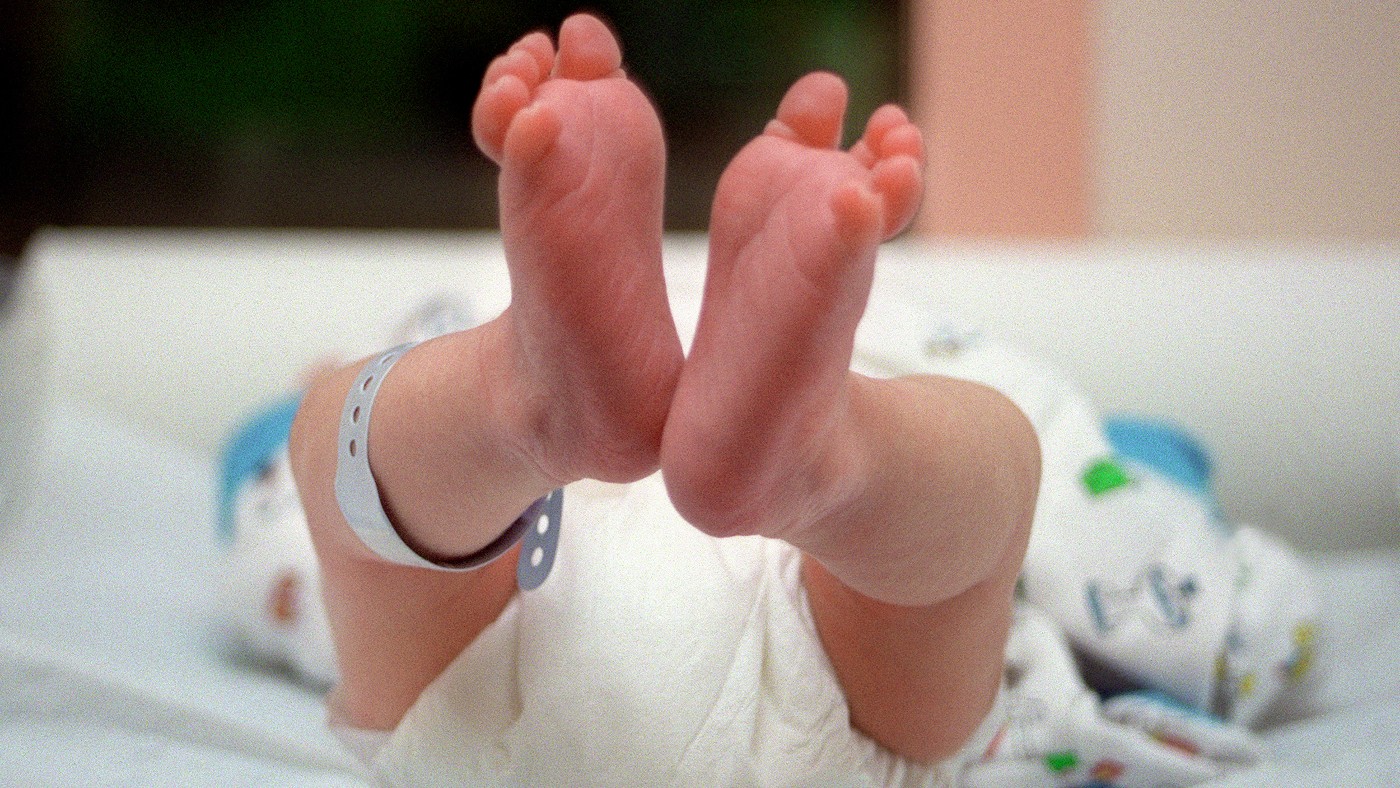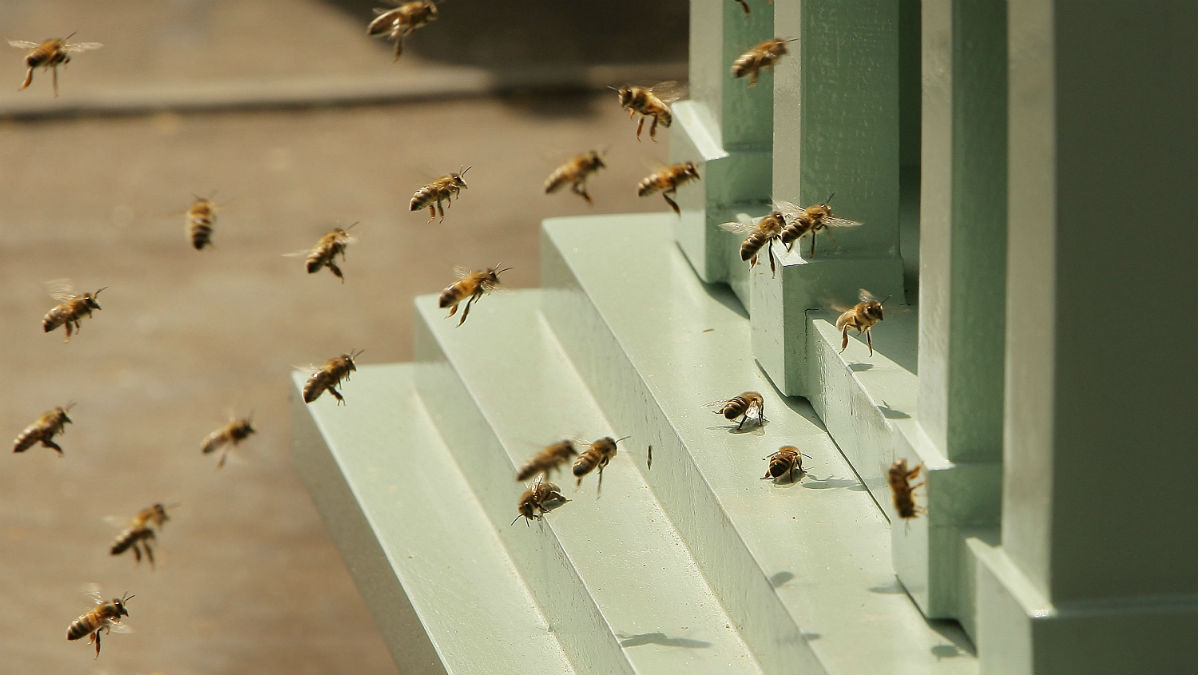Reckless drunks 'share genetic mutation'
Researchers find that 2.2% of Finns carry a mutated gene that means they can't 'hold their drink'

A free daily email with the biggest news stories of the day – and the best features from TheWeek.com
You are now subscribed
Your newsletter sign-up was successful
People who behave recklessly when drunk could now put the blame on their genetic inheritance, as new research from Finland has found that some people are born more likely to embarrass themselves than others.
The study could help explain students who wear traffic cones as hats, says the Daily Mail, but the findings will have serious results too, and could even lead to the development of new drugs.
A genetic mutation studied by Dr Roope Tikkanen and colleagues at the University of Helsinki makes carriers prone to rash behaviour even when sober – but the disinhibiting effects of alcohol intensify the character streak.
The Week
Escape your echo chamber. Get the facts behind the news, plus analysis from multiple perspectives.

Sign up for The Week's Free Newsletters
From our morning news briefing to a weekly Good News Newsletter, get the best of The Week delivered directly to your inbox.
From our morning news briefing to a weekly Good News Newsletter, get the best of The Week delivered directly to your inbox.
Tikkanen said: "The results also indicate that persons with this mutation are more impulsive by nature even when sober, and they are more likely to struggle with self-control or mood disorders."
Carriers may seem to get drunk more quickly, or on less alcohol, than people who do not share the mutation, says the Mail.
"They get into verbal arguments and fights, have unplanned sex, are arrested more often than the healthy controls," said Tikkanen.
The mutation is carried in the gene of the serotonin 2B inhibitor, a protein that helps control the brain. Researchers believe the mutation is present in 2.2 per cent of the Finnish population, meaning some 100,000 Finns carry it.
A free daily email with the biggest news stories of the day – and the best features from TheWeek.com
According to the Daily Telegraph, this means that "hundreds, if not thousands of people in Britain with Finnish ancestry are likely to find themselves genetically bad drunks".
Little is known about the function of the serotonin 2B inhibitor, says the Telegraph, but it is linked to the impulsivity present in a number of mental health problems.
It may be possible to develop drugs to help carriers of the mutated gene control their behaviour. Tikkanen said: "These persons could benefit more from medication than people without the mutation.
"However, there are only a couple [of] approved medicines available which have a partial affinity for this receptor. This gives an opportunity [to] develop new, more receptor-specific, medicines."
-
 Political cartoons for February 16
Political cartoons for February 16Cartoons Monday’s political cartoons include President's Day, a valentine from the Epstein files, and more
-
 Regent Hong Kong: a tranquil haven with a prime waterfront spot
Regent Hong Kong: a tranquil haven with a prime waterfront spotThe Week Recommends The trendy hotel recently underwent an extensive two-year revamp
-
 The problem with diagnosing profound autism
The problem with diagnosing profound autismThe Explainer Experts are reconsidering the idea of autism as a spectrum, which could impact diagnoses and policy making for the condition
-
 Twins born in separate years
Twins born in separate yearsTall Tales And other stories from the stranger side of life
-
 'Dead' woman nearly suffocated in morgue bag
'Dead' woman nearly suffocated in morgue bagTall Tales And other stories from the stranger side of life
-
 Colombia begins sterilisation of 'cocaine hippos'
Colombia begins sterilisation of 'cocaine hippos'Tall Tales And other stories from the stranger side of life
-
 Bees learn from mentors
Bees learn from mentorsfeature And other stories from the stranger side of life
-
 Home Office worker accused of spiking mistress’s drink with abortion drug
Home Office worker accused of spiking mistress’s drink with abortion drugSpeed Read Darren Burke had failed to convince his girlfriend to terminate pregnancy
-
 In hock to Moscow: exploring Germany’s woeful energy policy
In hock to Moscow: exploring Germany’s woeful energy policySpeed Read Don’t expect Berlin to wean itself off Russian gas any time soon
-
 Were Covid restrictions dropped too soon?
Were Covid restrictions dropped too soon?Speed Read ‘Living with Covid’ is already proving problematic – just look at the travel chaos this week
-
 Inclusive Britain: a new strategy for tackling racism in the UK
Inclusive Britain: a new strategy for tackling racism in the UKSpeed Read Government has revealed action plan setting out 74 steps that ministers will take